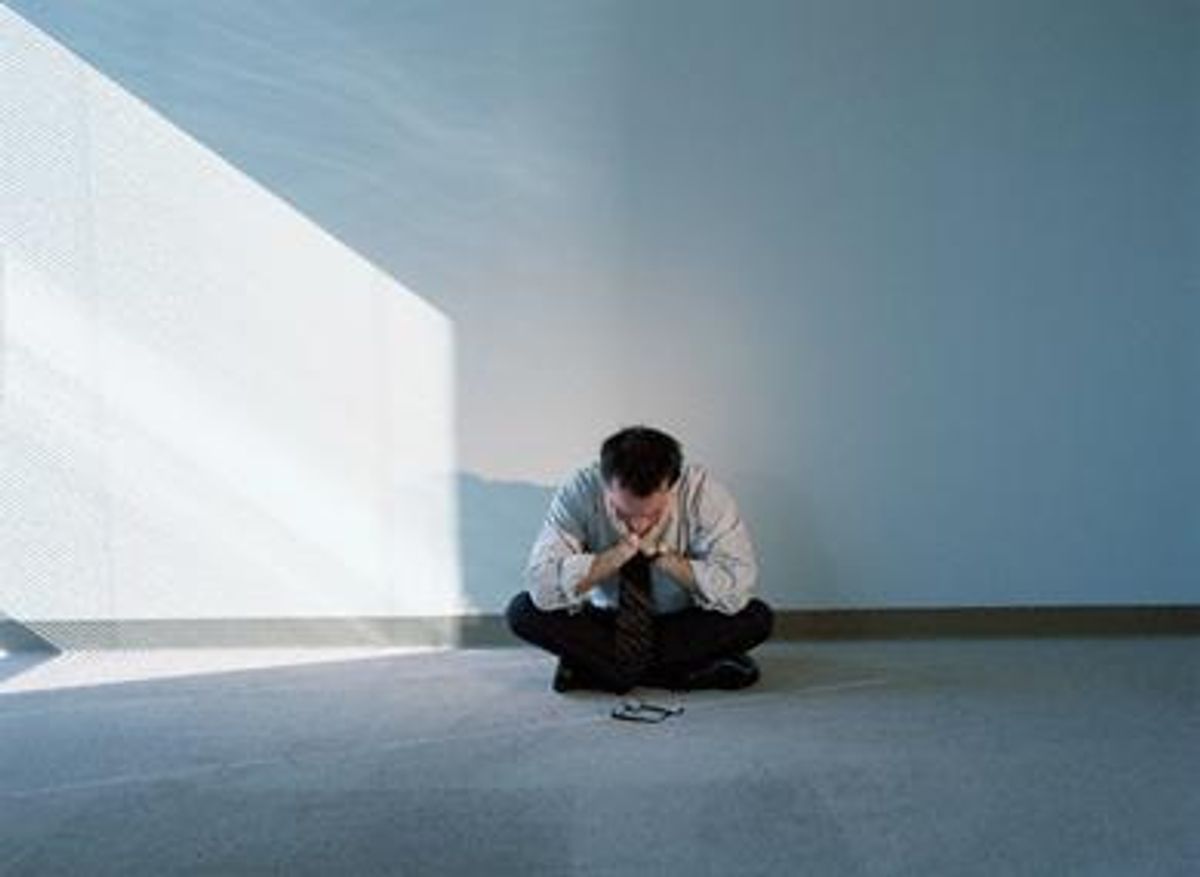Among the presentations at July's XVIII International AIDS Conference in Vienna was one by the International Association of Physicians in AIDS Care. IAPAC, headed by president Jose Zuniga, reported on its AIDS Treatment for Life International Survey (ATLIS), which queried 2,035 HIV-positive people from 12 countries in the Americas, Europe, Asia, and Africa and examined how much shame and discrimination they experience because of their disease as well as the relationships they have with their doctors. Zuniga discussed the survey and its surprising results.
The Advocate: Tell us about ATLIS.
Jose Zuniga: We identified quite a significant amount of stigma, considering the fact that we're now well into the 29th year of the HIV epidemic. What was surprising to us was that that stigma is persistent in developed-world settings as well. If we look at the data related to [the admission of] "I feel alone and isolated because I have HIV/AIDS," the North American data -- the only country we surveyed in North America is the United States -- was at 42%, which was well above what we expected in Africa, where we had 24%. In addition, there was data indicating that 22% of Americans living with HIV indicated there was no one they could count on to help take care of them, which was quite significant. The other piece we were quite surprised about was that 16% of U.S. respondents cited discrimination due to their sexual orientation.
How was the survey conducted?
From January to March of
this year we utilized a variety of media, including Internet and face-to-face interviews. [The methodology] depended on how we could get a nice
variety of patients and ensure we reached certain demographics in each
country.
So, it sounds like the results were a shock.
Absolutely. Given the fact that a great deal of work has been done around HIV awareness and attempts to address the determinants of stigma through a variety of means, that it persists still was quite troubling.
Something surprising was that a certain percentage of respondents in long-term relationships had not
disclosed their HIV status to their spouse or partner. That
certainly speaks to the need to advise people living with
HIV/AIDS to, by all means, inform their spouses or partners about their
serostatus so appropriate prevention methods can be utilized.
Did the respondents say why they were keeping their HIV status from their partners?There
was great fear of disclosure -- not just with spouses and partners, but
with family members too. That number [of people not disclosing their HIV
status to their partners] is at 17% globally,
which doesn't seem that high, but if that continues to increase, we could
see significant community and public health implications.
How were the results greeted in Vienna?Quite
surprising, when taken in combination with all the other data we
presented. We found in general a significant gap in health care
provider-patient communication around a number of issues -- that could
have a really detrimental effect on people with HIV. For example, we
found physicians weren't counseling their patients on the importance of
smoking cessation. A large percentage of people living with HIV/AIDS
smoke, larger than the general population. Smoking especially affects
people with HIV/AIDS; they're more at risk for lung cancer and
cardiovascular disease. Yet they're not being counseled on this very
issue, and that's a significant concern because we achieved success
through HAART [highly active
antiretroviral therapy] but then lose patients as a result of heart attacks and
lung cancer.
The other area where we found significant gaps
include around the issue of side effects. There are new treatment
options that have fewer side effects for patients, but that dialogue is
not happening. Which has a direct correlation to adherence; if you're
living with chronic diarrhea as a result of your drugs, you may not be as
inclined to adhere to your therapy as much as you should, which could
contribute to resistance.
Where do we go from here?
First of all, we need to
strengthen our efforts at education in broader society around HIV and
its treatment and dispel some notions that continue to exist around
individuals who become HIV-positive with respect to the discrimination
we found -- 16%, and that could obviously be higher, of U.S.
respondents say they experience discrimination by their health care
providers. We as a professional medical association need to spend more
time educating health care providers about the importance of providing a
safe place for people with HIV to benefit not just from highly active
antiretroviral therapy but a place where they can have primary
care services delivered in a nonjudgmental way.


















































































